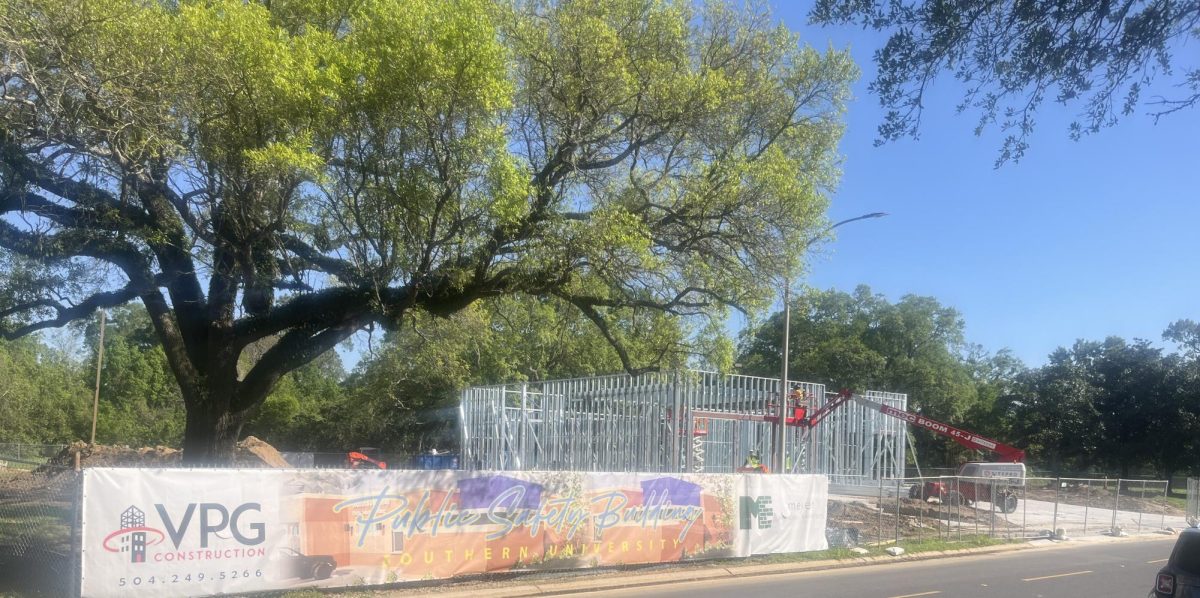BAGHDAD, Iraq—The good citizens of the Jadriah neighborhood dumped the corpses of two looters on the weed-infested bank of the Tigris River. The young men had tried to shoot their way into one of the upscale riverside houses here Sunday night and were gunned down by the homeowner.
That, at least, was the story told to a U.S. Army scout patrol that passed by Monday morning.
“It’s Dodge City out here,” Hashim Mahmood, an American-educated civil engineer, told Sgt. 1st Class Michael Anslinger as the soldier stepped from his armored Humvee. “There are guns everywhere.”
Barely 30 minutes into the patrol, Anslinger found himself with two bloated corpses to dispose of, a crowd of agitated homeowners and packs of gun-toting looters. And this was just the scouts’ first full day in a patrol zone nearly doubled in size by the withdrawal of Marines from the east bank of the Tigris over the weekend.
With the capital’s police force poorly equipped and scattered, the scouts and scores of other U.S. soldiers are now serving as ad hoc cops, trying to preserve some semblance of order in postwar Baghdad. They break up fights, shoo away looters, keep watch on the streets and pursue anyone who fires in their direction.
They also deal with the dead. “Looks like 7.62 (millimeter) rounds. Good shots ,” Anslinger said after inspecting the two corpses and arranging for their removal by combat engineers.
But mostly, the scouts listen patiently to complaints about the lack of electricity and running water and the profusion of snipers, looters and fires that burn unchecked.
Mahmood, standing in front of his stucco home overlooking the Tigris, complained in flawless English that looters from poor neighborhoods were flooding into his upper-class district of doctors, lawyers and engineers. The interlopers were hauling away carpets and jewelry and moving into the sumptuous homes abandoned by Baath Party officials who once lived here, he said. He claimed some arrived by bus and boat.
The looters shoot wildly at night, Mahmood continued, and threaten to kill anyone who confronts them. To protect the homeowner who shot the two looters, he said, residents spread the word that they had been killed by U.S. soldiers.
Capt. Stefan McFarland, the scout leader, listened politely to Mahmood’s litany of indignities.
“We’re trying to prevent just this sort of thing,” McFarland said. “That’s why we’re here.”
A psychological operations officer handed Mahmood a handful of leaflets urging Iraqis to stop looting to speed the arrival of humanitarian aid. Mahmood glanced at one and gave a dismissive look. “No one will listen to this,” he said.
A half-block away, several young men were hauling a bathtub across the road. They had just ripped it from the floor of a Baath Party guest house, which residents said Saddam Hussein’s son Qusai had frequented. The neighborhood was also home to Saddam’s brother Watban and to Izzat Ibrahim, vice chairman of the Baath Revolutionary Command Council, residents said.
A U.S. bomb had destroyed a portion of the Baath Party guest house. It also damaged part of the adjoining home of Dhia Jaffer, a lawyer, who complained that his residence had been looted.
“The Americans did a good thing, and we are very happy with the results,” Jaffer said. “But now we need law and order and security.”





